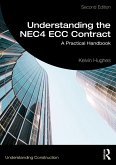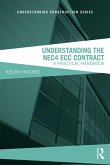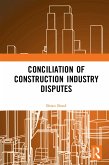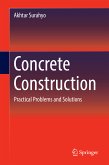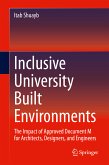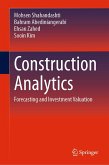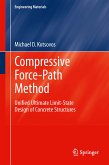The book has twenty chapters that are arranged in four parts covering conceptualisation, avoidance, negotiation and mediation. Part 1 is devoted for dispute conceptualisation. A building is only as strong as its foundation. Thus it is no better start to study construction dispute by conceptualisation. The theme of Part 2 is dispute avoidance. The conventional wisdom of 'prevention is better than cure' seems can be applied to all problems. As far as construction dispute is concerned, equitable risk allocation and trust are the two most commonly accepted avoidance strategies. Part 3 focuses on negotiation that is the gateway to resolution as almost all disputes are negotiated first before the service of other mechanisms. Negotiation is sometimes described as an art because settlement may not be obtained solely from legal and rational approaches. Part 3 discusses the behavioral dimensions of construction dispute negotiation. Part 4 deals with Mediation- a form of assisted negotiation. Specially, the skill of the mediators in facilitating settlement, the interrelationships among dispute sources, mediator tactics and mediation outcomes are explored.
The studies presented in Construction Dispute Research collectively demonstrate holistic approach in dispute management. Each chapter can be read as a study on its own. Practitioners will find the book a handy reference in dispute management and resolution. Students would find the book useful in explaining in details the causes of dispute, the processes to resolve them. The research design and empirical approaches are particularly useful to students in construction management, architectural, surveying and civil engineering programs.
Dieser Download kann aus rechtlichen Gründen nur mit Rechnungsadresse in A, B, BG, CY, CZ, D, DK, EW, E, FIN, F, GR, HR, H, IRL, I, LT, L, LR, M, NL, PL, P, R, S, SLO, SK ausgeliefert werden.



